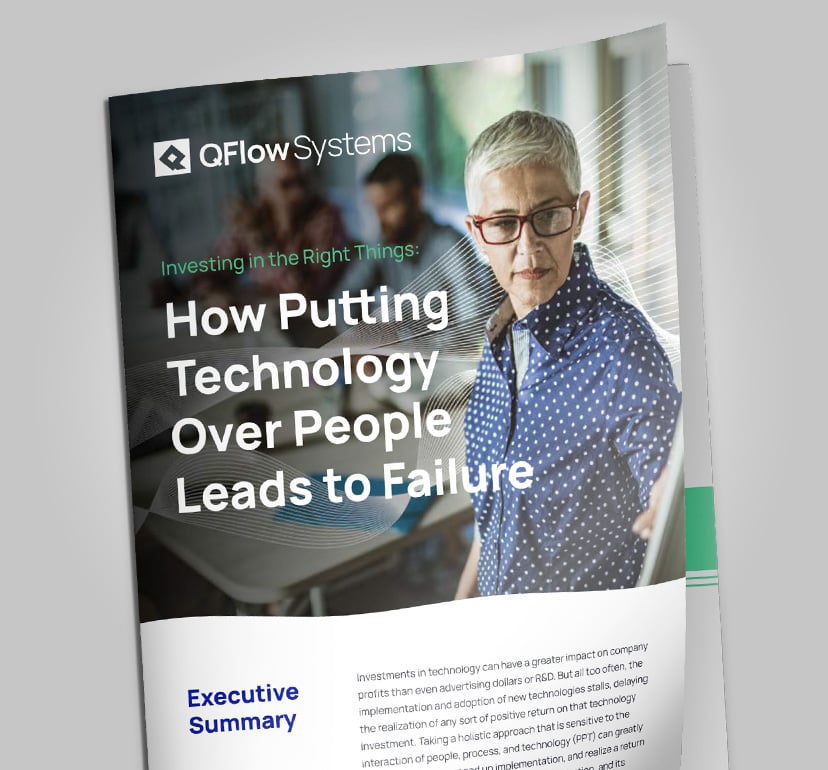There was a time when companies didn’t have a choice but to rely heavily on paper-heavy processes. The insurance, medical, and legal communities were (and in some cases still are) burdened with regulatory requirements that mandated the storage and eventual disposal of applications, policies, court transcripts, etc.
However, with government mandates and digital acceleration changing how businesses process consumer data, paperless environments will naturally become the norm. What does that mean for paper archives and paper shredding?
The Hard and Soft Costs of Paper Storage and Disposal
U.S. businesses still spend plenty of money on paper. Even as more companies go paperless and adopt digital processes, the annual cost of paper in the U.S. still tops $8 billion.
The hidden cost of paper could be as much as 31 times the actual cost of paper. Storing, organizing, retrieving, and duplicating lost paper files are costly. Then there comes the expense of disposal.
Typically, paper shredding and disposal costs a minimum of $1/pound. That adds up quickly if your industry mandates retention periods for medical records, loan applications, etc. Even if the cost is nominal, there is also the time factor. How much time does your staff spend locating and moving file boxes to get them ready for the document shredding service?
For companies (healthcare, legal, insurance, etc.) with mandated file retention and destruction schedules, the disposal process is critical to avoid fines. Those paper records also take up quite a bit of room, with a nine-square-foot filing cabinet holding upward of 10,000 documents (which also happens to be about the equivalent of paper that an office worker in the U.S. uses annually).
According to reliable data, it costs roughly $20 to file a document, and an average worker spends 30%-40% of their time looking for documents. Outside of the hard costs, how much time does the team spend per month lugging boxes out of the storage room and tagging them for disposal?
Paper itself is connected to the hard cost of sourcing lumber and milling. Paper products will continue to be in short supply as the amount of virgin lumber worldwide becomes more scarce. With the massive bump in e-commerce activity, paper mills will be under more pressure from online retailers to produce packing supplies, especially paperboard for boxes, etc.
That could put future pressure on shredding services. As digital processes become the norm, and paper costs spike, the ecosystem of paper disposal (including shredding and recycling) could also balloon, with the final cost being passed on to those remaining paper-heavy processes and industries.
Paper Usage and Paper Recycling Increases CO2 Emissions
According to the EPA, in 2018, the U.S. generated over 64 tons of paper, which made up nearly a quarter, or 23.05%, of all municipal waste. The total greenhouse gas emissions for paper production alone is 0.6%, which is higher than the combined CO2 emissions of Sweden, Denmark, Finland, and Norway.
Paper production is deeply reliant on water usage, and a lot of it. It takes about four gallons of water to make a single sheet of paper. Although recycling paper unquestionably uses less water than virgin pulp, the usage of paper still has a significant environmental footprint.
While recycling shredded paper cuts down on landfill use, it isn’t quite as environmentally friendly as you’d assume. A recent study from the University College London found that if “all wastepaper [sic] was recycled, emissions could increase by 10%” unless the energy used comes from fossil fuels.
With the U.S. lagging behind the EU in carbon-neutral energy production, even recycled paper from shredding services may not have a net neutral carbon offset.
Medical Paper and Record Shredding
Because the consequences (in the form of fines and audits) can be costly and damage the reputation of medical professionals, third-party services are a common method for disposing of medical records at a specified cadence.
In most cases, DIY destruction and disposal of paper and medical records can come with risks. Before documents are shredded, they typically have to be stored in a secured and locked room or facility. Without third-party, offsite handling, schedules can be difficult to maintain and onsite security difficult to manage.
Most medical providers or insurers who deal with sensitive patient information also have to work with specialized third-party destruction providers with special training and knowledge of the industry. For example, all transport vehicles must be locked when moving and/or disposing of patient records.
The medical industry is unquestionably going paperless. With trends pointing toward increasing IT spending, telehealth, and better access to care, health and medical professionals will increasingly expect digitized and paperless workplaces.
In the near future, asking incoming staff to take responsibility for securing and disposing of paper records, even with access to a full-service shredding service, will signal a lack of IT investment, aging infrastructure, and a lack of commitment to a changing consumer landscape.
Reduce Your Reliance on Both Paper and Paper Disposal
Reducing your organization’s reliance on paper and paper management improves your overall compliance efforts. Digital recordkeeping is less error-prone and secure, ensuring that historical, fiscal, and legal records are easier to locate and preserve.
The industry experts at QFlow Systems® can design retention and organization strategies for your records management systems according to NARA retention (and other mandated) schedules. We can also automate record disposal according to internal and external guidelines, as well as internal rules. By working with our team, you can create workflows per record type to improve efficiency and security.
We know that from time to time, you need to alter retention schedules for audits, legal cases, FOIA requests, etc. We can work with you to customize what records are to be held for a specified period of time for use in critical compliance audits or litigation scenarios, overriding automated destruction schedules.
If you’re ready to talk to a team member about our services, contact one of our representatives today for a free demo.

